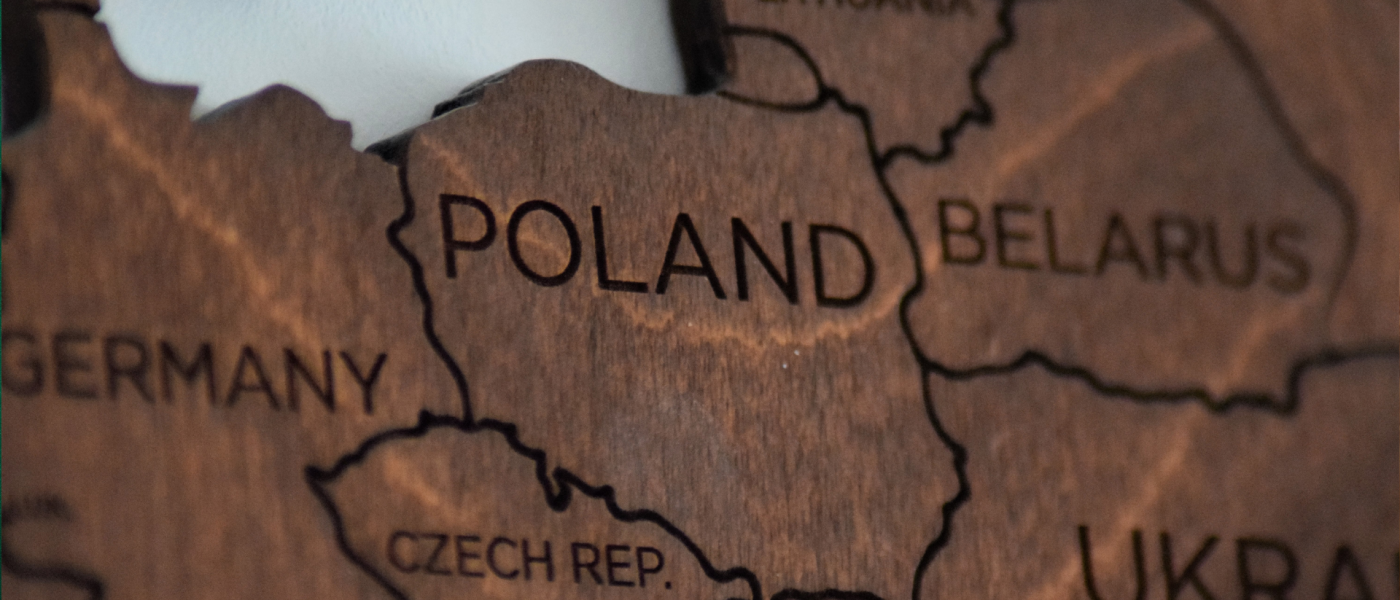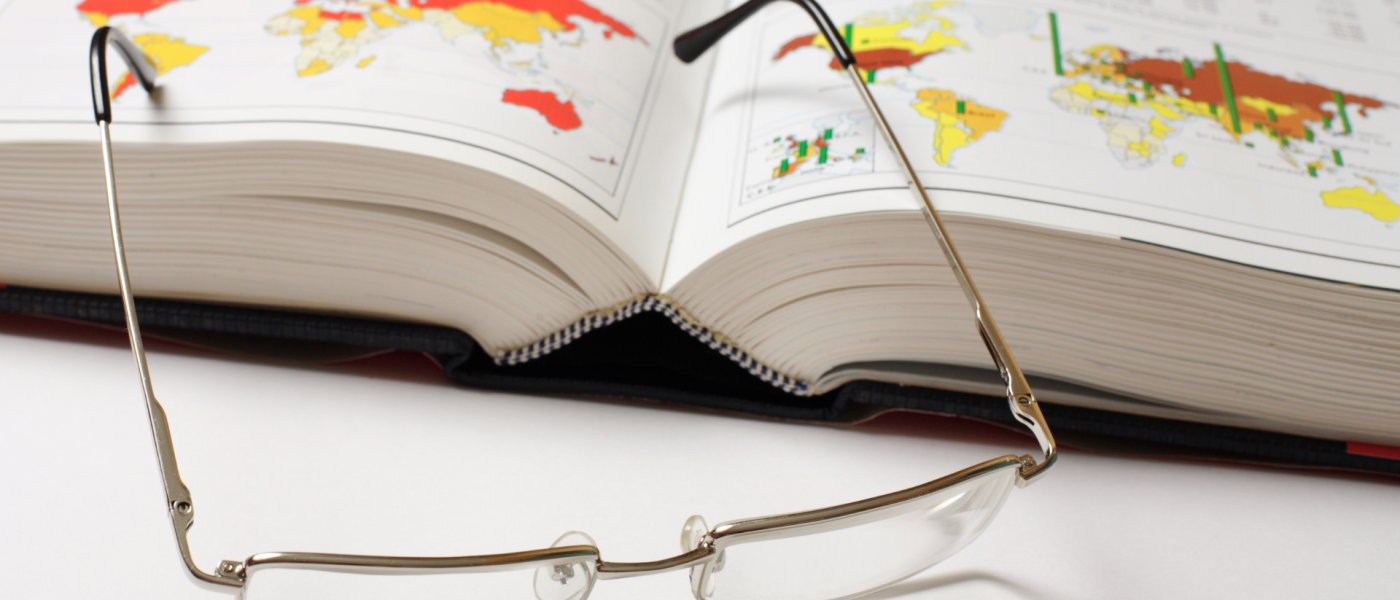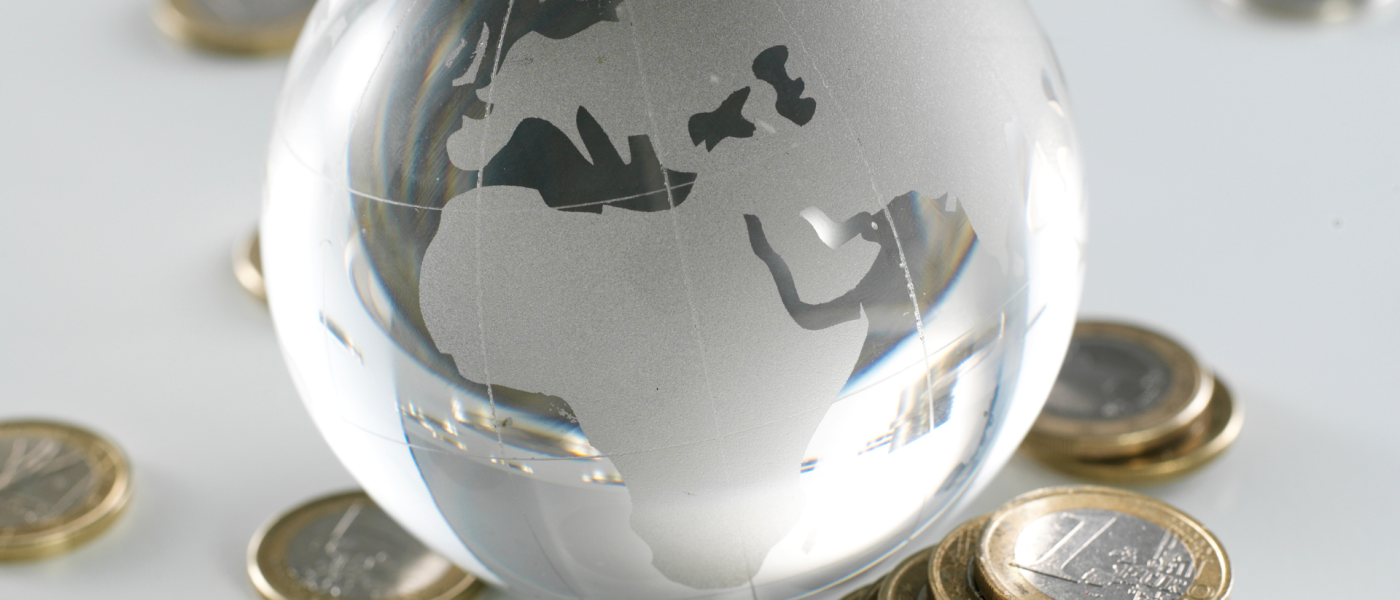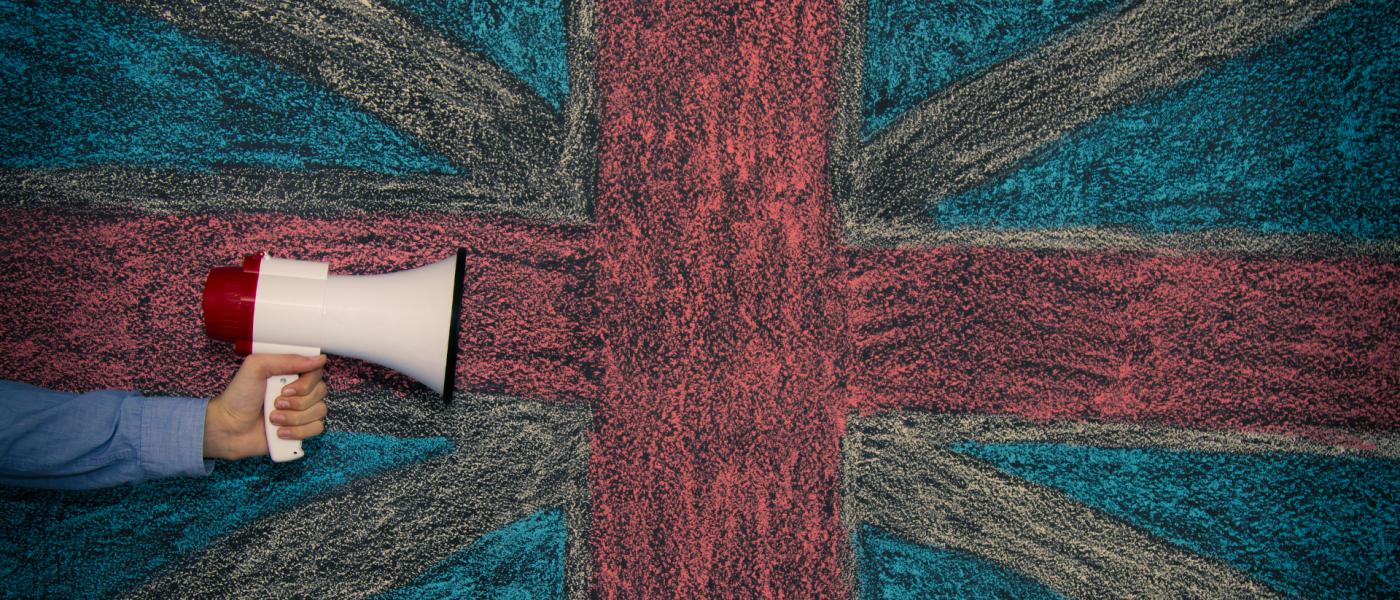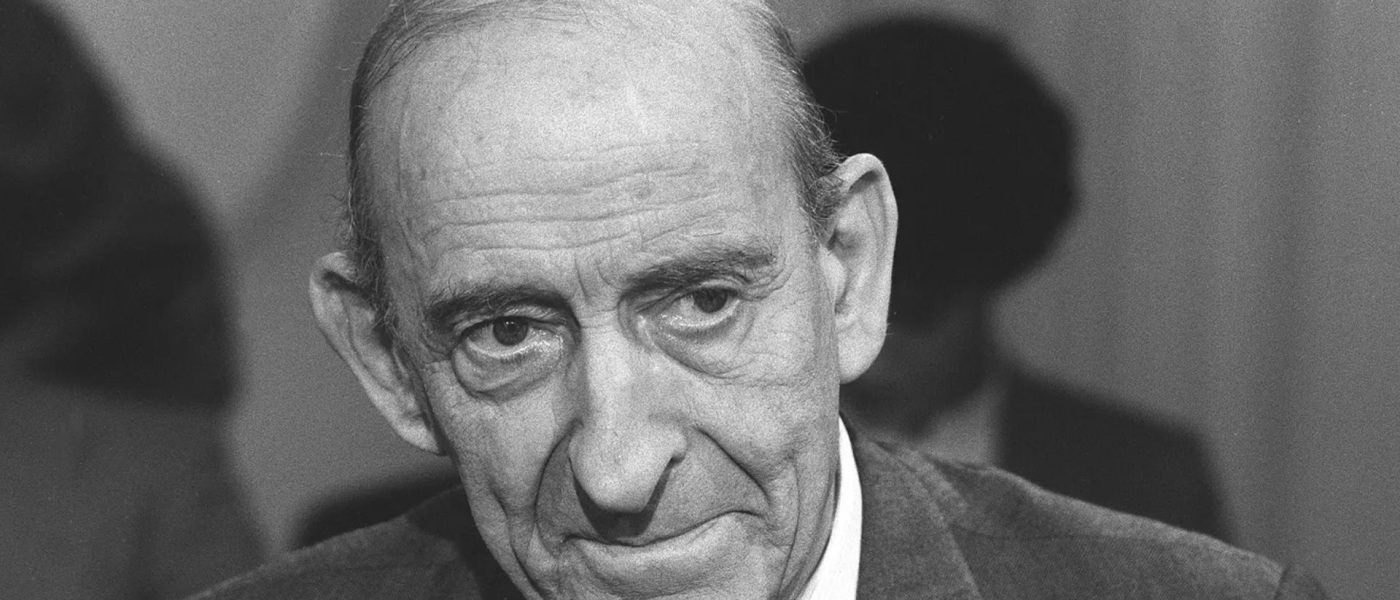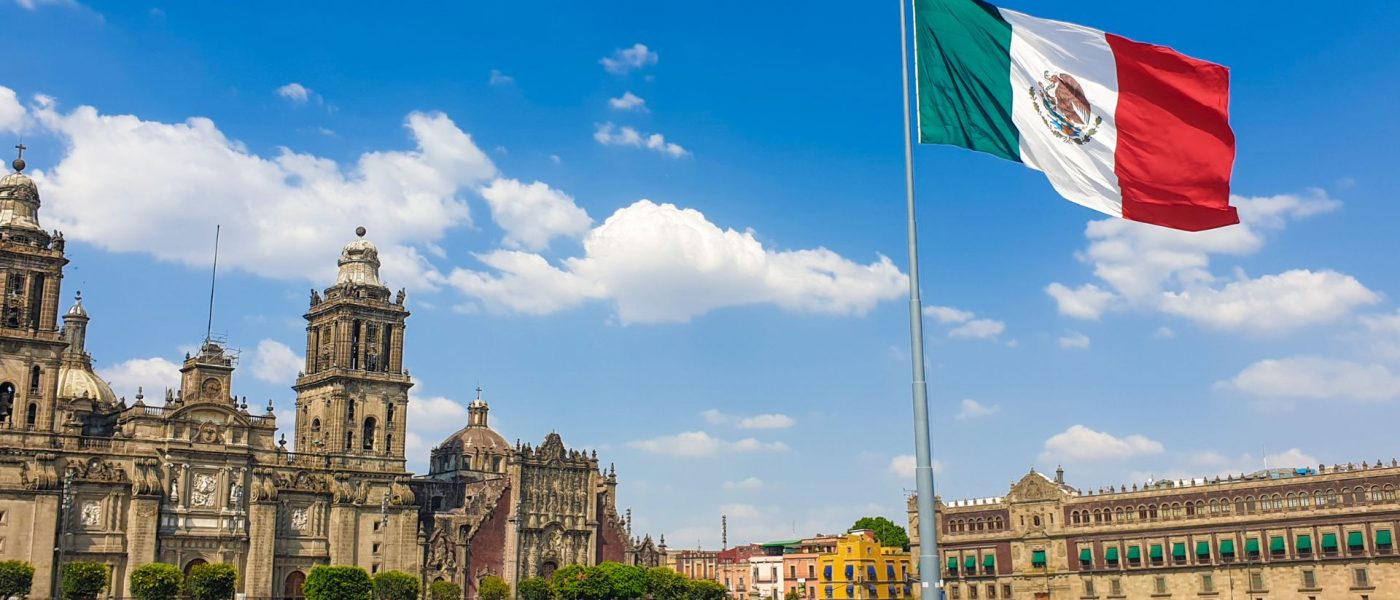Cet article aborde l’influence des réseaux sociaux et des big data sur notre société et la politique. Bonne lecture
1/ Big data
According to some companies, big data are said to be positive, but it’s a utopia. Indeed, this article highlights the fact that big data represent several threats for our lives. First, people could be spied in their own private life. It will cause some issues if addresses, addictions, and diseases of people leaked
Secondly, there are companies which could profit of big data to discriminate people. The discrimination in job adverts is the most known example. However, machines/robots are said to be gender-blind, but it’s a cliché and the text debunks it. We know for example that banks could reject credit request which come from minorities. Also, some insurance companies propose more expensive services to some peoples because they follow some clichés
The problem is that algorithms are created by humans, the latter could have some prejudices against minorities, in consequence algorithms also have ones.
Finally, the data could be biased by the increase of the monitoring. For example, the crime rate is higher because of the installation of CCTV. The more you install cameras, the more you detect crimes, it’s a snowball effect.
For all these reasons, we can blame big data for being dangerous for the society.
2/ Social networks
Social media represents our globalized and interconnected world. In fact, we are overflooded with electronic devices which permit people to exchange instantly. Finally, the point is to make people believe that everybody is on an equal footing and that the social barriers no longer exist.
This trailer of The Social Network, from David Fincher, shows us the case of Facebook, which was, in 2010, the first social network. The founder, Mark Zuckerberg, has been sued by Winklevoss twins because he stooled the idea, that is to say there is a copyright violation. Moreover, he’s often in several polemics about data selling and cyberbullying because of his network of which he loses the control.
Lire plus : Trailer de The Social Network
3/ Trump and social media
In fact, Donald Trump bypass historical medias to communicate with people. According to him, medias represent an elitist lifestyle, and they are just fake news. For example, he hates CNN, which has a centre-left editorial policy, but he’s often interviewed by Fox news journalists, which represent a Republican editorial policy. In fact, to communicate, he was used to tweet on Twitter, but after the fact that he has pushed people to demonstrate at the Capitol Hill, he has been banned. Finally, Donald Trump has been censored of every media, the situation raises the issue of the influence that social networks have. It poses the issue of freedom of speech control by social networks.
First, Donald Trump has prosecuted Twitter, Facebook, and Google to be unbanned. He wants to use the 1st amendment which explain that freedom of speech is a right and that, for example, politicians cannot sensor media which criticize them.
But the problem is that the court has already said that a private company can take measures against some people to sensor them, and that it will not be considered as constitutional violation.
In fact, Trump knows it but, with he’s still in his campaign against tech giants, which represent for him the elite, i.e. democrats who want to implement rules as the George Orwell book “1984”. Moreover, he wants to create a hype, at the same time that he fuels the debate. Finally, he wants to be the future new president of “the left behind’’, who are predominantly protectionists, maybe in order to stand for re-election in 2024.







